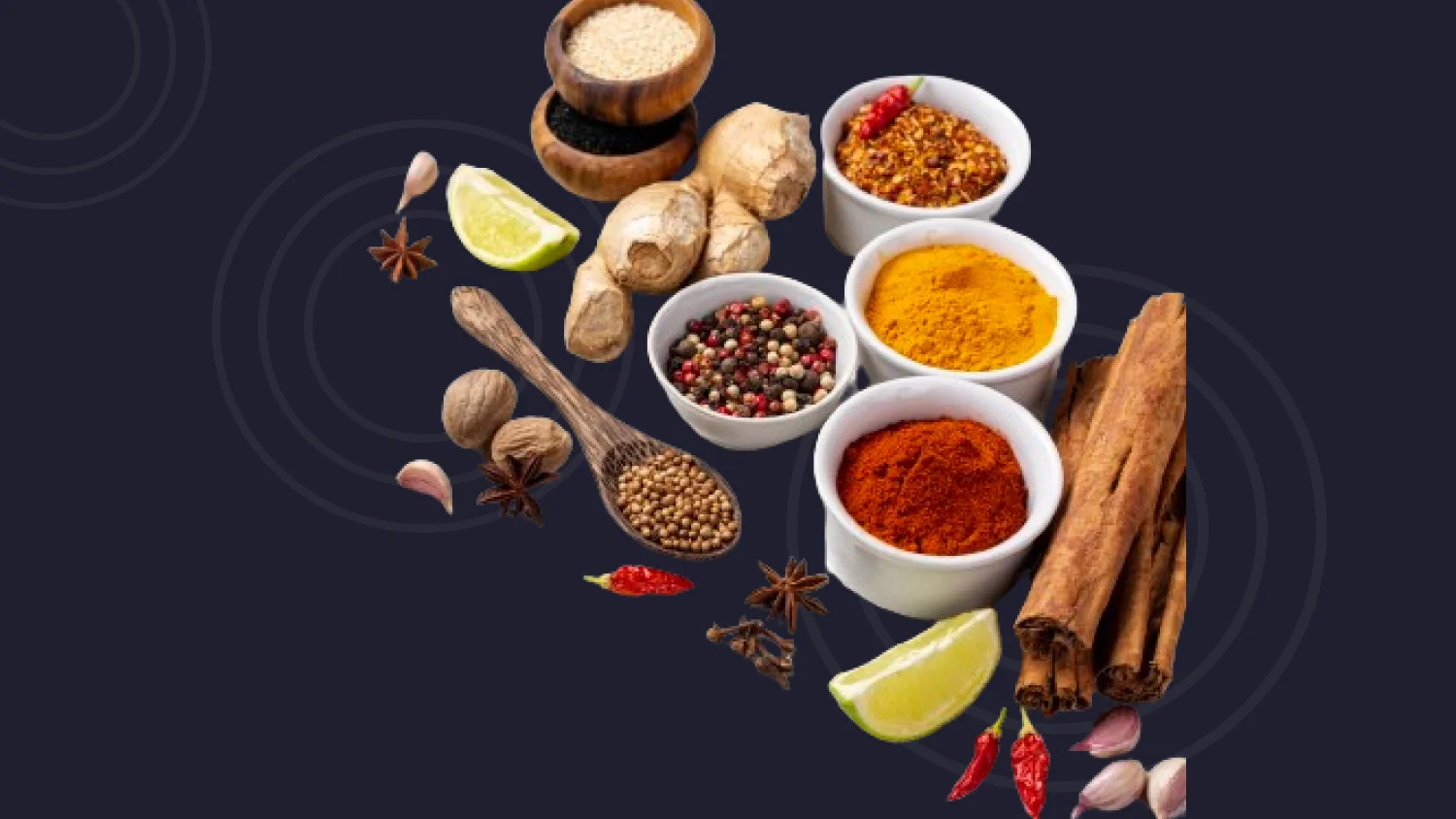
MDH & Everest Masala ban, how does this affect you?
The culinary spice in the world is going through a seismic upheaval. The popular spice brands, the backbone of Indian kitchen MDH and Everest, are facing scrutiny due to health concerns. This article explores the reality behind the spice brands, the potential health hazards, and what this implies for us.
What is the primary reason for the ban on spice products?
The primary reason for the ban was the alleged detection of the pesticide ‘ethylene oxide’ in their spices exceeding the permissible limits. This chemical is classified as a Group 1 carcinogen. The prohibition has had widespread ramifications, with governments including Singapore, Hong Kong, and Australia strengthening their examination of certain companies and banning such spices. Singapore initiated a recall of the Everest mix, while Hong Kong halted the sales of three MDH spice blends.
Why is ethylene oxide detrimental for human consumption?
Regular and prolonged consumption of food additives, emulsifiers, and foods treated with ethylene oxide has been linked to an increased risk of cancer development, primarily in the stomach, colon, and intestine, where maximum food absorption occurs. Short-term exposure can cause headaches, nausea, and wheezing, while long-term use can cause DNA damage.
According to online sources, this isn't the first time an Indian spice firm has faced international action. In 2023, the FDA recalled Everest food products due to salmonella contamination.
What is the regulatory response to the spice ban?
In reaction to the ban, the Food Safety and Standards Authority of India (FSSAI) and the Spices Board of India took several actions:
- Mandatory testing: The FSSAI has ordered rigorous testing of spices from all brands nationwide. This includes extensive inspections, sampling, and testing at all spice manufacturing plants, particularly those that make curry powders and mixed spice blends. The Spices Board of India has ordered ethylene oxide testing for all spices sold to Hong Kong and Singapore.
- Collaboration with exporters: The board is collaborating with the exporters whose consignments have been recalled to identify the root cause and suggest corrective actions. Once the root cause is identified, the board will not stop merely suggesting corrective actions.
It will work with the exporters to implement these actions, monitor their effectiveness, and ensure they are ingrained in the exporters’ standard operating procedures. This could involve providing training and resources, conducting regular audits, and establishing robust quality control systems. - Increase in permitted pesticide levels: The FSSAI has allowed for a tenfold increase in permissible pesticide levels in spices. This conclusion was taken after multiple representations to the FSSAI. However, even at the upper limit of 0.1 mg/kg, it is considered a trace quantity and unlikely to impair human health.
What are some coping strategies for navigating through this ban on MDH and Everest spices?
The prohibition on MDH and Everest spices has undoubtedly disrupted many kitchens. However, this situation also presents an opportunity to explore alternatives and diversify culinary experiences. Here are some strategies to manage without these brands:
- Explore local brands: Many local spice brands offer quality products. They often source their ingredients locally, contributing to fresher and more flavorful spices. For example, brands like “Spice Drop” and “Eastern condiments” in India source their ingredients locally, contributing to fresher and more flavorful spices.
- DIY spice blends: Consider making your spice blends. For example, you can create a simple garam masala by roasting and grinding a mix of cumin, coriander, cardamom, black pepper, cinnamon, and cloves. This allows you to control the ingredients and proportions and experiment with flavours. The challenge here is that it requires additional time and effort. To know about which foods you should consume and to make healthier choices, try our dietitian services
- Online shopping: Numerous online platforms offer a wide range of spices from various brands across the globe. Websites like Amazon and Bigbasket provide access to international brands like “McCormick” and “simply organic”. This could be an excellent opportunity to try international brands. However, authenticity and quality control concerns may arise when purchasing spices online.
- Organic spices: Organic spice brands ensure the products are free from pesticides and harmful chemicals. While they might be slightly more expensive, they offer peace of mind regarding health and safety.
- Health stores: Health food stores often stock a variety of spices, including rare and exotic ones. Stores like “Nature’s Basket” are likely to carry organic and ethically sourced spices. However, these stores might have higher prices compared to regular supermarkets.
Conclusion
The ban on MDH and Everest spices due to health concerns has led to global scrutiny and regulatory actions, including mandatory testing and increased permissible pesticide levels. This situation, while disruptive, presents an opportunity to explore alternatives like local brands, DIY spice blends, online shopping, and organic spices. The incident underscores the importance of stringent quality control and transparency in the food industry, reminding consumers to stay informed and make conscious choices. The long-term effects of these measures and their impact on the spice industry remain to be seen.
Related Topics
Categories
All
Mutual Funds
NPS
Health Insurance
EPF
Chat with us
